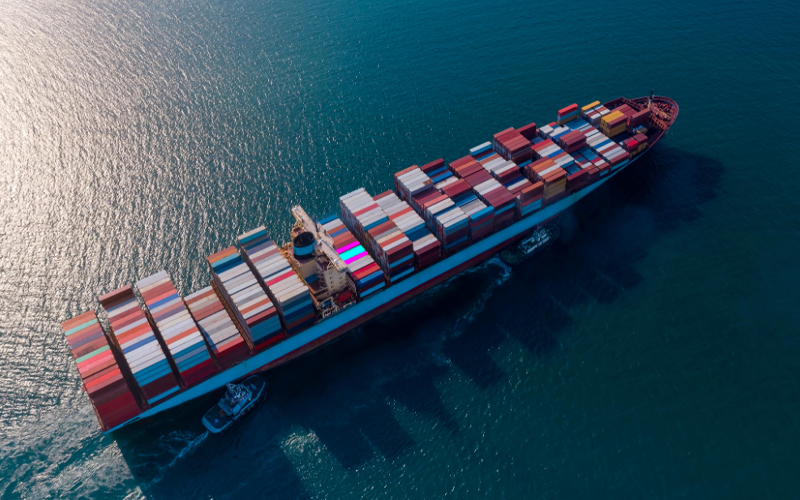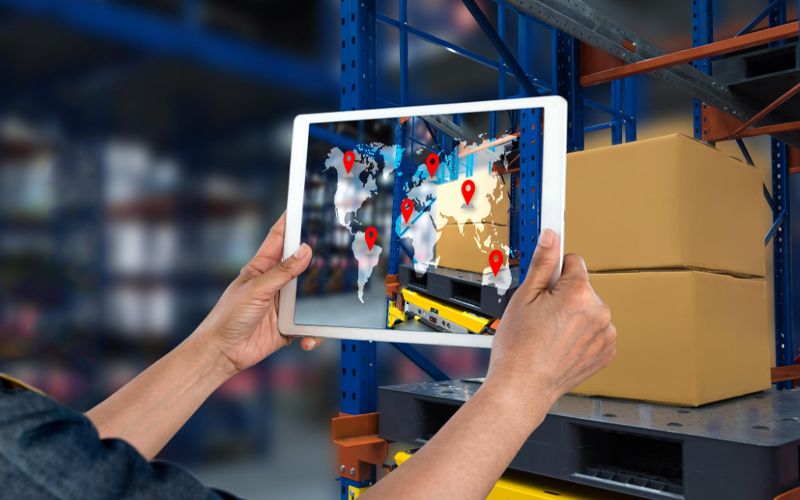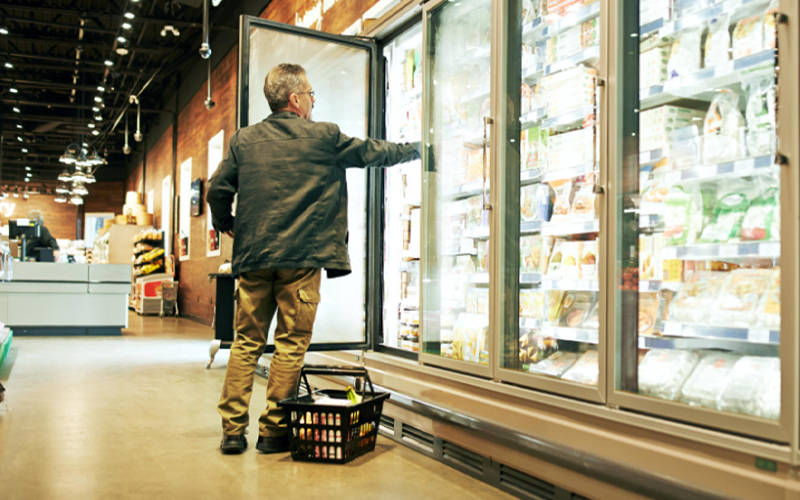What is green logistics?
Green logistics are the techniques and remedies used to reduce the environmental impact of goods or a business procedure. Logistics is an inevitable part of business. Logistics organisations must overcome several obstacles, including addressing the climate emergency and ever-stricter client demands. Green logistics is a paradigm shift that promises to achieve this.
Green logistics has ecological concerns at its core, which direct logistics organisations to enforce methods, deeds, and decisions that help the environment. Green logistics encompasses business and competition regulations.
Transport is one of the most polluting sectors of the economy and is a significant contributor to greenhouse gas emissions. While heavy freight vehicles account for twenty-two per cent of transportation-related Greenhouse Gas (GHG) emissions, light commercial vehicles account for twenty per cent.
According to the Committee for Strategic Analysis, the last stage is the most expensive – economically and environmentally, accounting for over twenty per cent of the shipping costs and thirty per cent of carbon dioxide emissions. As a result, green logistics will play a significant role in helping optimise all supply chains.
Importance of green logistics
Organisations transitioning to greener logistics experience improvements across the board, including social accountability and profit. The most critical factor is client demand. Businesses and consumers are shifting their allegiance to companies that take significant, long-term steps towards a sustainable future. A green supply chain will have support from investors and consumers.
Green logistics is among several successful initiatives to counteract the adverse ecological effects and reduce the carbon footprint of global trade.. Online retailers must be aware of the substantial impacts that converting to environmentally friendly products or green logistics will have on them. Some positive effects include:
- Decrease in gas emissions
- Reduced waste
- Stronger connection with customers
- Better brand credibility
Green logistics management and practices
Green logistics management pushes companies to reduce environmental damage while also boosting productivity. Reduced gas emissions, resource conservation, and implementing waste management practices are the goals that also aim to satisfy customers. Businesses employ green logistics management to curb their adverse environmental impact and reduce their use of hazardous materials, waste production, and energy consumption.
The optimisation of transportation routes using advanced transportation management systems that assess traffic patterns, weather, and truck weight to find the most effective ways is one of the core elements of green logistics management. Employing companies specialising in logistics process outsourcing is also extremely helpful in the long run, though it may seem like an additional expense initially.
Some sustainable practices for green logistics include:
- Using recycled materials
- Reducing the amount of packaging
- Using technology to streamline the manufacturing process
- Improving transportation logistics
- Finding environmentally conscious goods and services
- Using renewable resources for manufacturing
- Ensuring that warehouses operate efficiently, reducing energy consumption and waste production.
- Employing companies that specialise in logistics process outsourcing
Challenges of green logistics
- High costs of capital
- A reluctance to change
- Rigidity of supply chain
Businesses may have to invest in emerging technology, knowledge, and processes to reduce environmental effects, which companies with small budgets may find challenging to cover.
Resistance can be very severe if a shift harms a company's profits. For instance, businesses could be reluctant to adopt new transportation methods that save emissions or use more expensive, environmentally friendly materials. This opposition might stem from a need for more knowledge about the advantages of sustainable practices, concern over upsetting ongoing operations, or the idea that sustainability and profitability are mutually exclusive.
Supply chains are intricate and comprise several levels of suppliers with varying degrees of influence over their business operations. Companies may need help integrating their sustainability goals, mainly if their suppliers span different geographic areas with different regulatory frameworks. Additionally, due to a lack of understanding of their business procedures, firms may need help controlling and monitoring their suppliers' sustainability practices.
*For organisations on the digital transformation journey, agility is key in responding to a rapidly changing technology and business landscape. Now more than ever, it is crucial to deliver and exceed organisational expectations with a robust digital mindset backed by innovation. Enabling businesses to sense, learn, respond, and evolve like living organisms, will be imperative for business excellence. A comprehensive yet modular suite of services is doing precisely that - equipping organisations with intuitive decision-making automatically at scale, actionable insights based on real-time solutions, anytime/anywhere experience, and in-depth data visibility across functions leading to hyper-productivity, Live Enterprise is building connected organisations that are innovating collaboratively for the future.
How can Infosys BPM help?
The fundamental tenet of green logistics is implementing energy-saving measures, adhering to environmental regulations, and managing rising supply costs by implementing effective technologies. Infosys BPM provides a distinct and robust foundation for product delivery and logistics process outsourcing.







